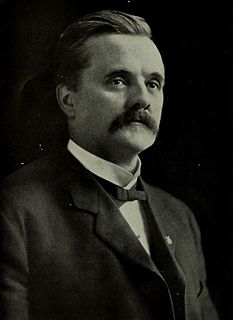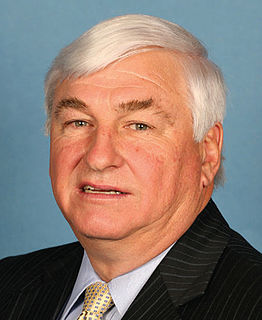A Quote by Ted Cruz
The authority to declare war rests in Congress, not in an out-of-control president.
Related Quotes
With 450,000 U. S. troops now in Vietnam, it is time that Congress decided whether or not to declare a state of war exists with North Vietnam. Previous congressional resolutions of support provide only limited authority. Although Congress may decide that the previously approved resolution on Vietnam given President Johnson is sufficient, the issue of a declaration of war should at least be put before the Congress for decision.
No power but Congress can declare war; but what is the value of this constitutional provision, if the President of his own authority may make such military movements as must bring on war? ... [T]hese remarks originate purely in a desire to maintain the powers of government as they are established by the Constitution between the different departments, and hope that, whether we have conquests or no conquests, war or no war, peace or no peace, we shall yet preserve, in its integrity and strength, the Constitution of the United States.
I believe that the power to declare war is most important in limiting the powers of the national government in regard to the rights of its citizens, but that it does not require Congress to give its approval before the president uses force abroad. I do not believe that the framers of the Constitution understood the power to declare to mean "authorize" or "commence" war. That does not mean that the separation of powers or checks and balances will not work.
Under Article II, all executive power is vested in one president of the United States. The regulatory state is Congress's efforts to undermine the president's authority. And my hope is we will see a president use that constitutional authority to rein in the uncontrollable, unelected bureaucrats and to rescind regulations.
We cannot simply speak out against an escalation of troops in Iraq, we must act to prevent it... There can be no doubt that the Constitution gives Congress the authority to decide whether to fund military action, and Congress can demand a justification from the president for such action before it appropriates the funds to carry it out.






























